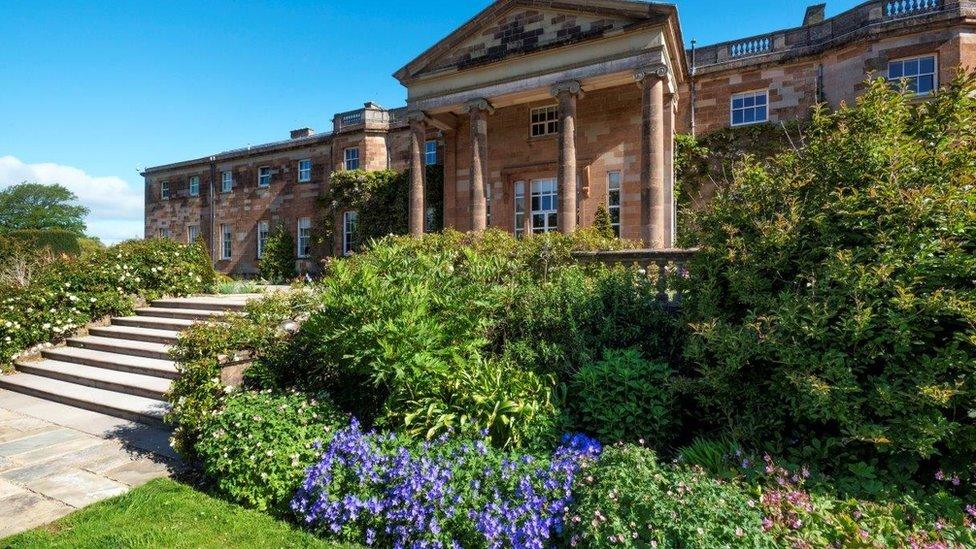'Ambitious' plan to double NI's tourism industry by 2035
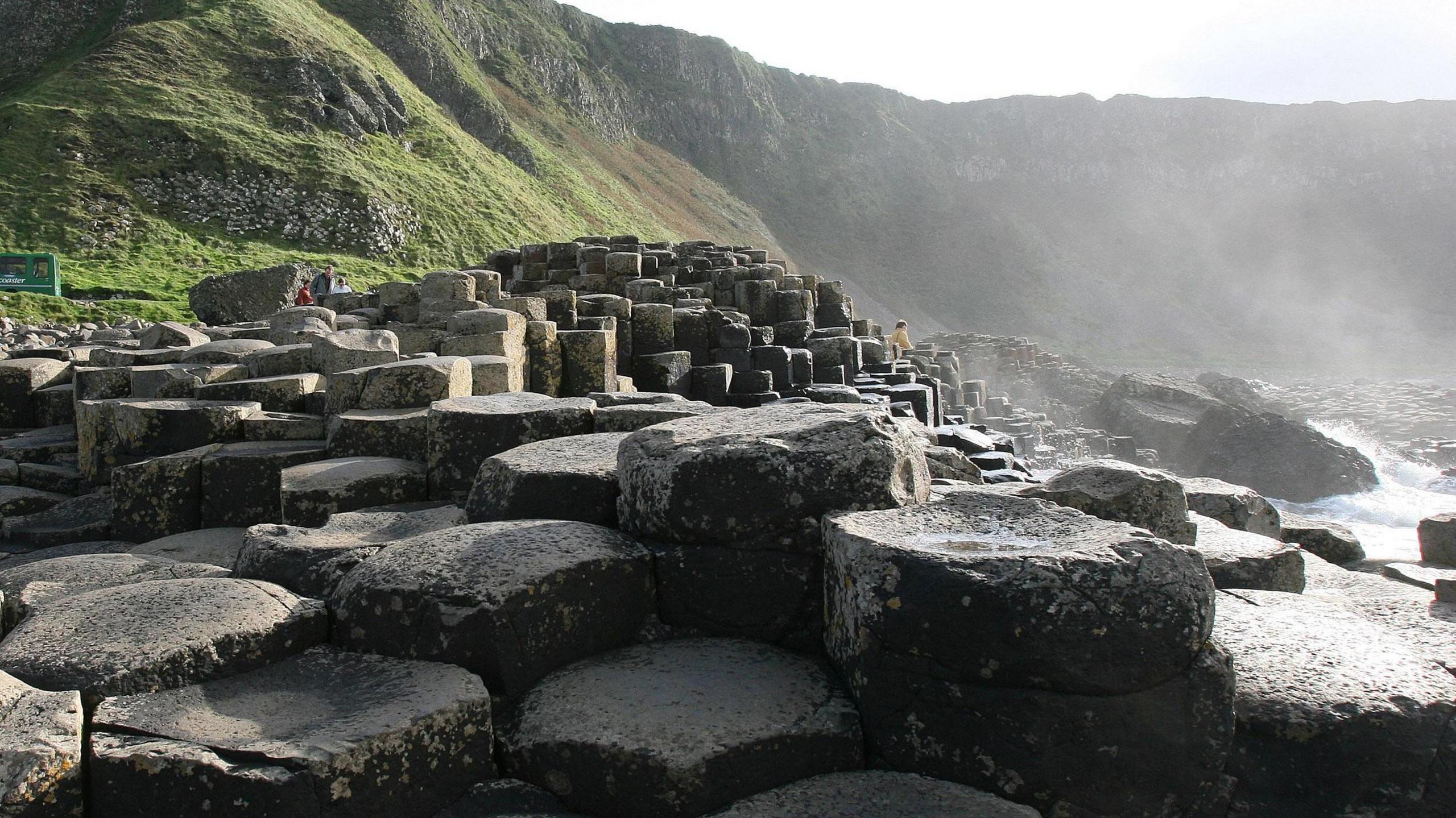
Tourism expenditure for 2023 was at a record £1.2bn
- Published
The economy minister has launched a plan, external to almost double the size of the tourism industry sector in Northern Ireland over the next 10 years.
One of the 17 objectives in the plan is to press for a solution to the introduction of the UK government's Electronic Travel Authorisation (ETA) scheme.
The "ambitious but achievable" plan from Conor Murphy includes a target to generate more than £2bn from overnight visitors by 2035.
Tourism expenditure for 2023 was a record £1.2bn, according to official figures. There are no specific costings for the goals in the plan.
In order to hit the target, the minister said he would restore funding to Tourism Ireland, bring forward an aviation policy and expand Fáilte Ireland's regional brands and publish a skills action plan.
These are examples of the 17 activities the Tourism Partnership Board has identified in order to promote regional balance, raise productivity, create good jobs, and lower carbon emissions.
Minister Conor Murphy said that the plan aimed to create "a thriving, sustainable tourism industry for the future".
The plan does not contain any detail about how much money would be allocated to Tourism Ireland.
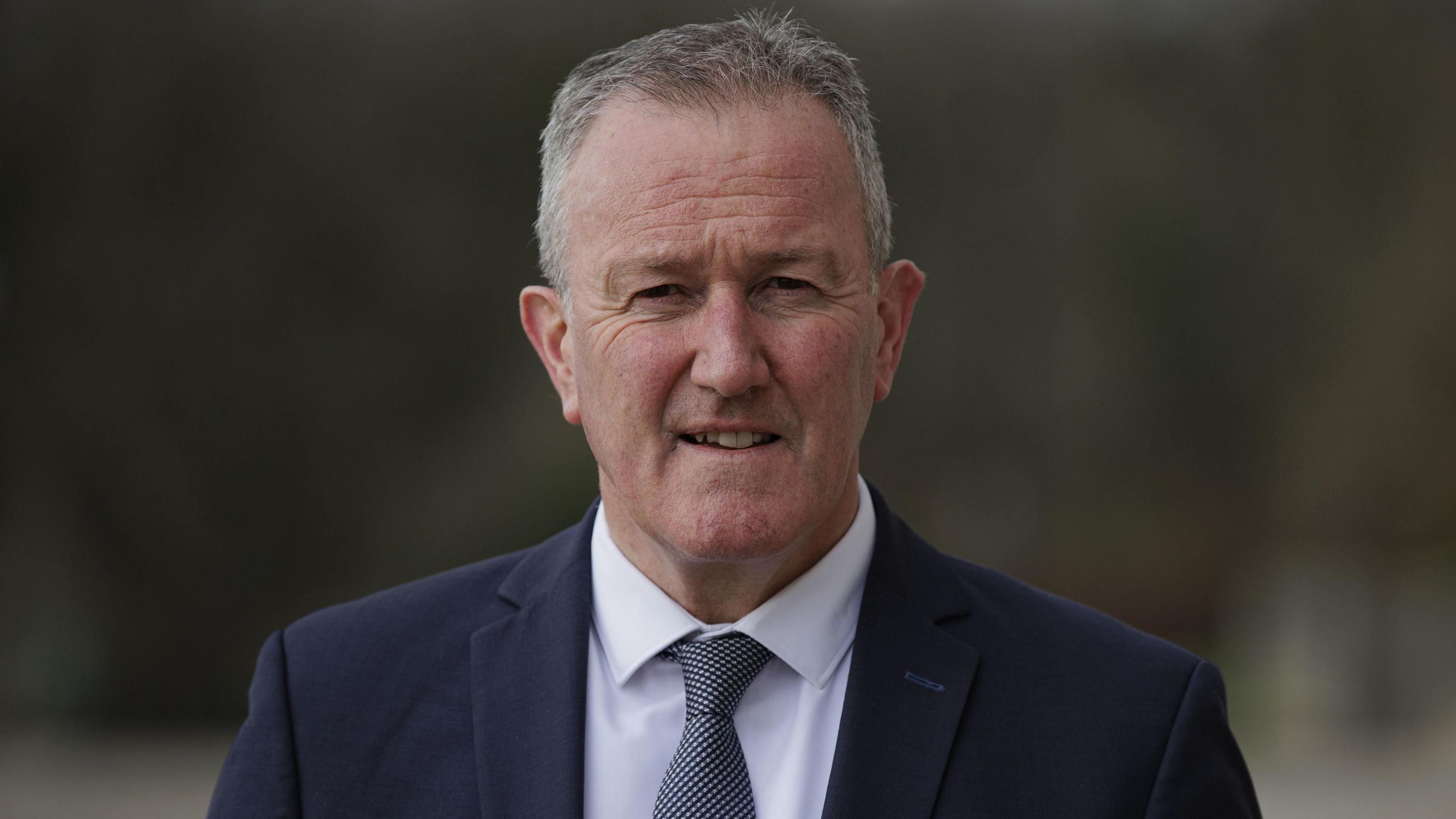
Conor Murphy said the goal was "ambitious but achievable"
As part of the action plan, the government continue to push for a solution to Electronic Travel Authorisation (ETAs) impact on tourism in Northern Ireland.
The plan gives a timeframe of up to three years for this to be completed.
The economy minister previously warned that the introduction of a digital travel permit will have a "devastating" impact on tourism.
He said he is pressing Westminster to exempt Northern Ireland from the ETA scheme.
ETAs will eventually be needed for visitors from all countries who are not required to have a full UK visa, except the Republic of Ireland.
Visitors from 48 more countries will need to apply for an ETA, which costs £10 per person, before travelling to the UK.
The digital permit is linked to passports, and tourists can apply for it online.
An ETA is valid for two years, and allows multiple stays of up to six months in the UK.
The scheme will be rolled out to EU states from 2 April.
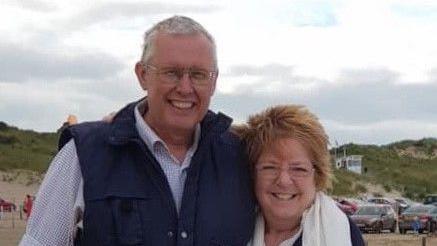
Chris and Krissi Rochelle run the Hillside Luxury B&B in Ballycastle
Chris and Krissi Rochelle run Hillside Luxury Bed and Breakfast in Ballycastle, County Antrim.
"We are really in the dark about it," Krissi told BBC News NI.
"People will moan about it but I think they will still pay."
Despite their ETA payment concerns, Chris said that the plan is good news for B&Bs in Northern Ireland.
"It will be great as long as we get a good summer," he added.
Other actions to help deliver the goal include:
The development and promotion of peace tourism
Ensuring there is an adequate mix and scale of tourist accommodation across Northern Ireland
Marketing the island as a single destination, growing the value from visitors coming to Northern Ireland from the Republic of Ireland
Working in partnership with sea carriers and cruise operators to increase the economic impact of visitors accessing Northern Ireland
'A sustainable future'
Alice Mansergh, chief executive of Tourism Ireland, said: "Today's announcement sets out clear actions that we'll be collaborating on with partners."
John McGrillen, chief executive of Tourism NI, said the organisation believes that the minister's targets "are certainly achievable over the next 10 years".
"The vision reflects our own ambition to support the development of a tourism industry that is innovative, can provide good jobs, engenders civic pride and helps provide a sustainable future for communities across the whole of the region," he added.
Colin Neill, the chief executive of Hospitality Ulster, said the tourism industry also needed to see changes to the VAT rate.
There is no mention of VAT in any of the 17 action points released in the plan.
Mr Neill said that the government "must stop ignoring the crisis in our industry and recognise the special circumstances under which we operate and act accordingly".
He called on the Northern Ireland Executive to "represent our case to Westminster and ensure that the playing field on the island of Ireland is evened out".
"The incoming Irish government has signalled its intent to lower the VAT rate for food-based hospitality to 9%. This means that the hospitality VAT rate disparity on the island will further increase, with Northern Ireland's rate standing at 20%," he added.
Related topics
- Published8 January
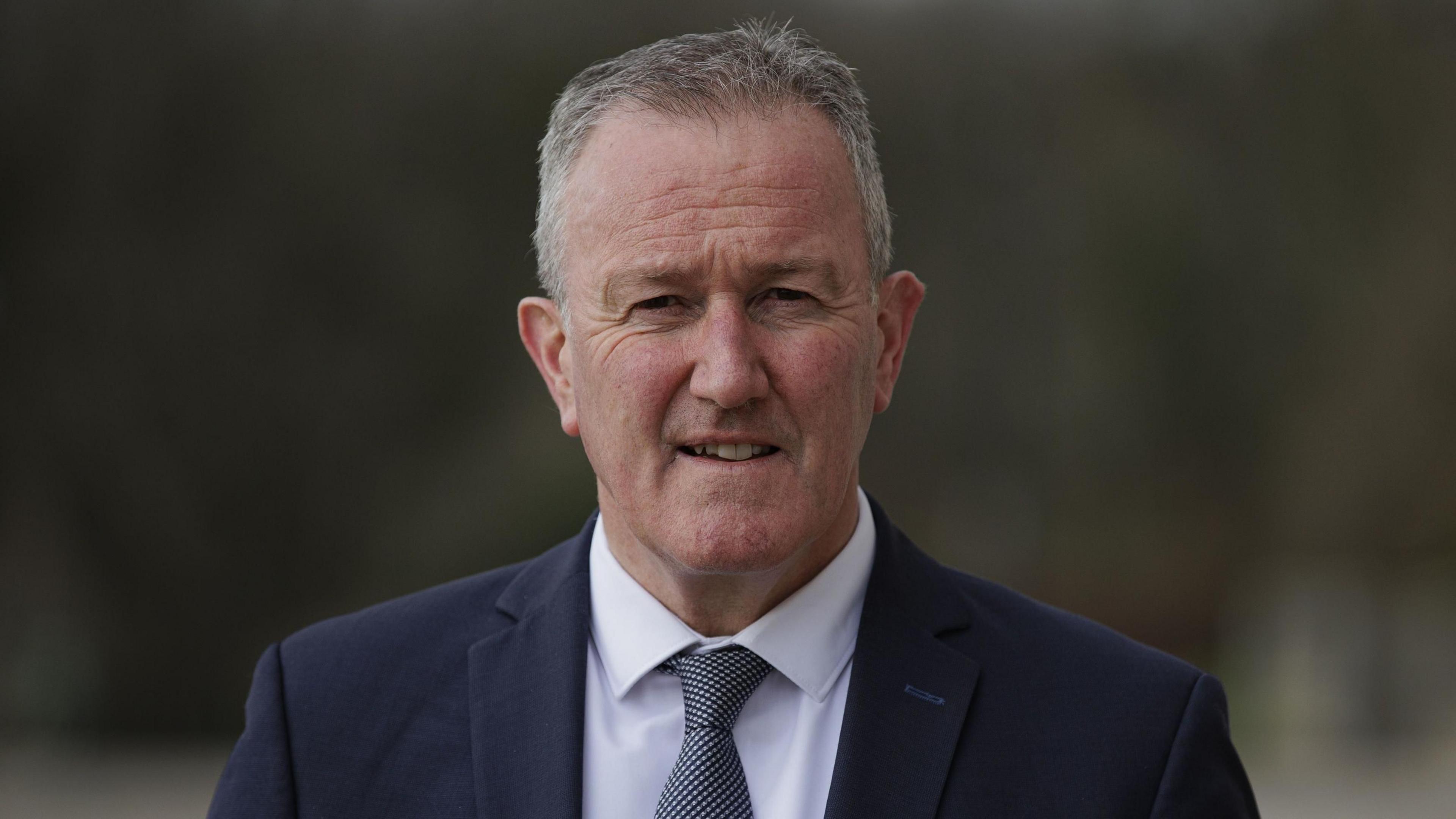
- Published30 August 2024
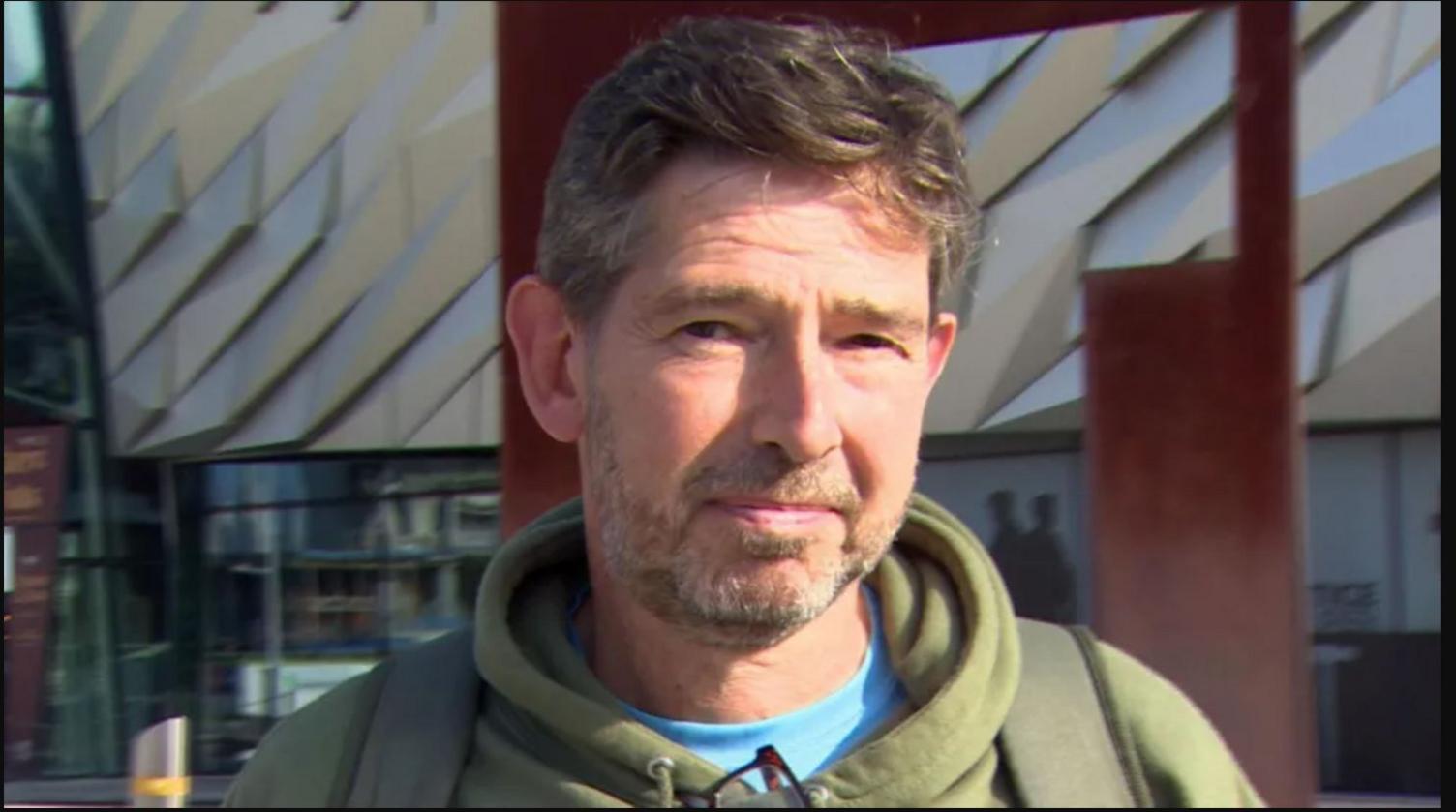
- Published7 November 2023
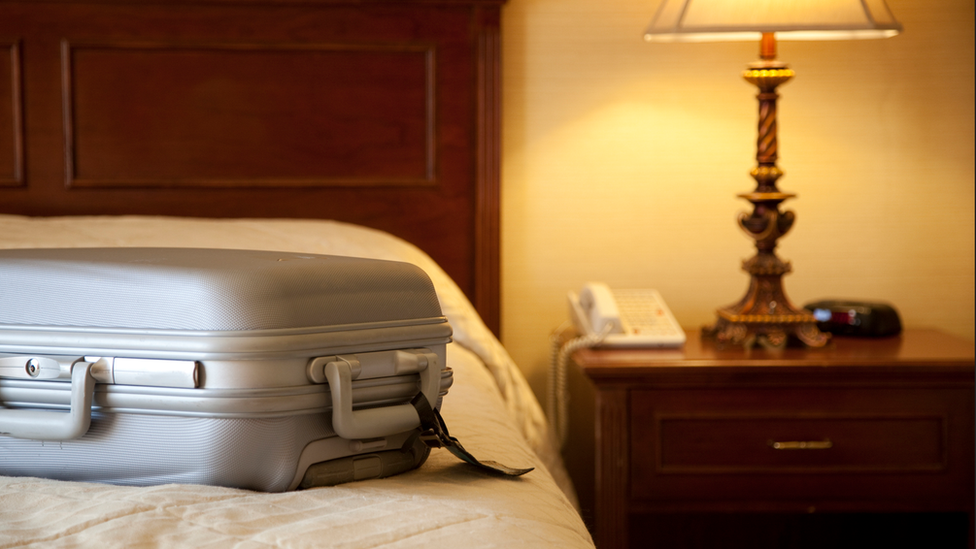
- Published18 February 2023
